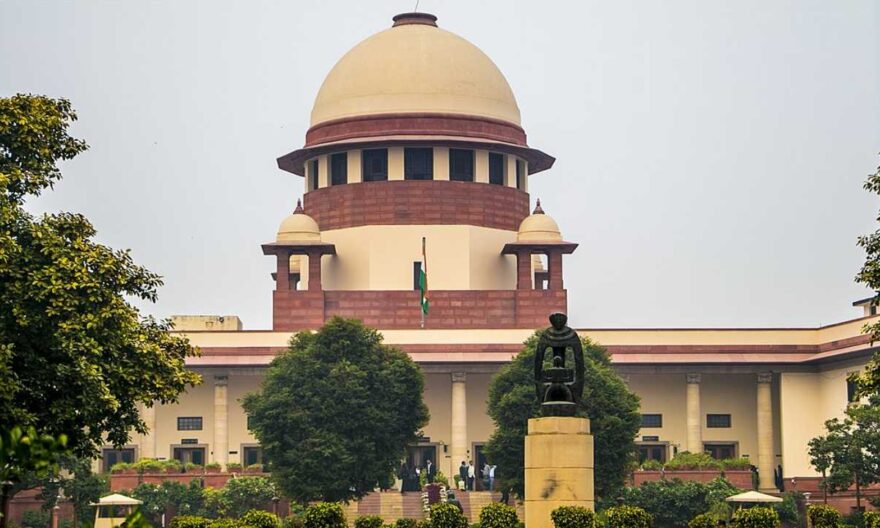
Delhi Government Moves Supreme Court, Challenging Constitutional Validity of Delhi Services Ordinance
The Delhi government has lodged a petition with the Supreme Court to challenge the constitutional validity of the Delhi Services Ordinance. This ordinance grants overriding powers to the Lieutenant Governor (LG) of Delhi, allowing them to supervise transfers and postings of civil servants in the capital.
The plea, presented by the Aam Aadmi Party (AAP) government, highlights that the ordinance strips control over civil servants in Delhi from the elected government and bestows it upon the unelected Lieutenant Governor. It asserts that this transfer of power occurs without amending the Constitution of India, specifically Article 239AA, which designates that power and control of services should reside with the elected government.
The ordinance was enacted shortly after a Supreme Court Constitution Bench ruling, affirming that the Delhi government has authority over all services, including Indian Administrative Service (IAS) officers, in the national capital. The court clarified that the Central government cannot take over the governance of elected state governments, except in matters related to land, police, and law and order.
The petition filed by Advocate Shadan Farasat argues that the Delhi Services Ordinance constitutes an unconstitutional exercise of executive fiat. It contends that the ordinance violates the federal and democratic governance structure outlined in Article 239AA, is manifestly arbitrary, contravenes a Constitution Bench judgment, and represents an impermissible and unconstitutional abuse of the ordinance-making powers outlined in Article 123.
The Government of National Capital Territory of Delhi (Amendment) Ordinance amends the 1991 Government of National Capital Territory of Delhi Act, granting overriding powers to the LG in relation to the transfer, posting, and control of officers in Delhi. The ordinance contends that involving the democratically elected Central government in the administration of the national capital is in the broader national interest.
However, the petition asserts that the ordinance undermines the federal, Westminster-style democratic governance guaranteed to the National Capital Territory of Delhi in Article 239AA. It maintains that the ordinance directly violates this governance framework, particularly the principle of ‘collective responsibility’ enshrined in Article 239AA(6).
The Delhi government further contends that the ordinance marginalizes the elected government’s control over civil services, similar to a previous attempt made in 2015, which was deemed unconstitutional in a 2023 Constitution Bench judgment. The petition argues that the ordinance seeks to revert to the situation proposed in the 2015 notification, disregarding the authoritative view of the Supreme Court.
The petition challenges several amendments made to the 1991 Government of NCT of Delhi Act, including the transfer of power over public services from the elected government to the Union government through the LG, the establishment of an authority that directly recommends postings, transfers, and disciplinary actions against civil servants to the LG, complete control by the LG over matters related to Delhi’s Public Account and Consolidated Fund, appointments to various boards and commissions in Delhi made by the President, and the ability of the LG and bureaucrats to override the cabinet and finalize notes without ministerial concurrence.




